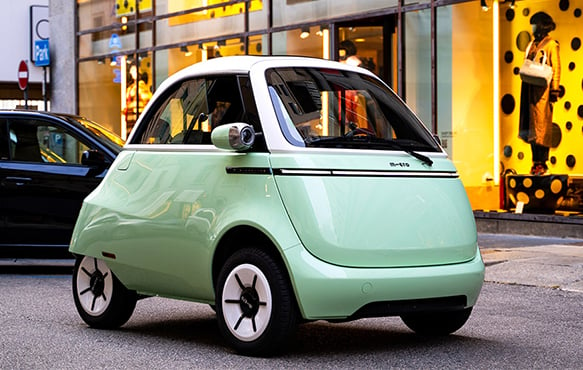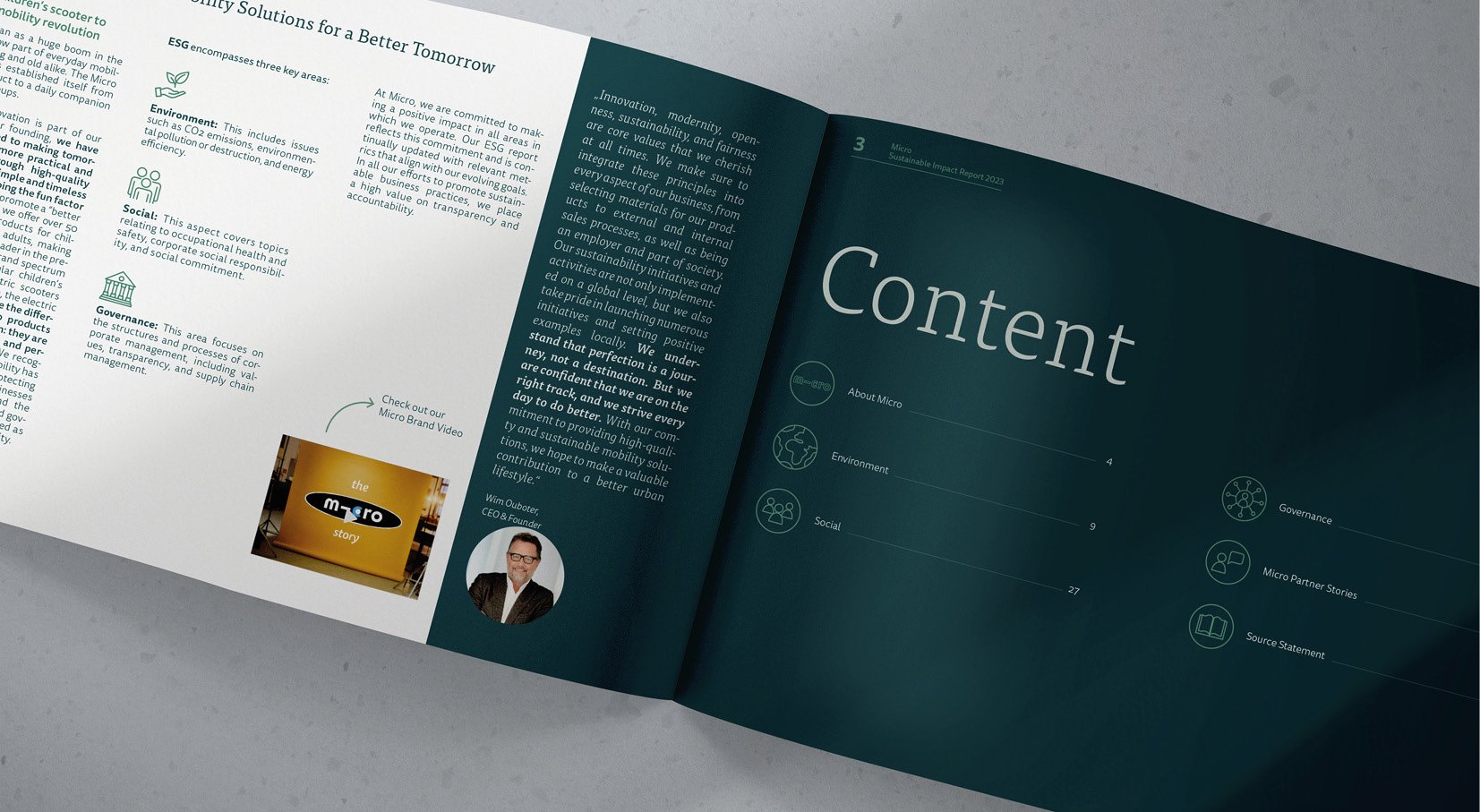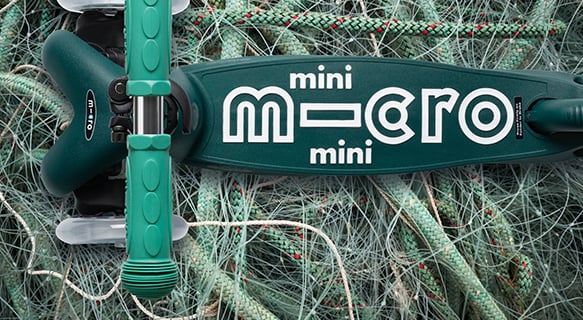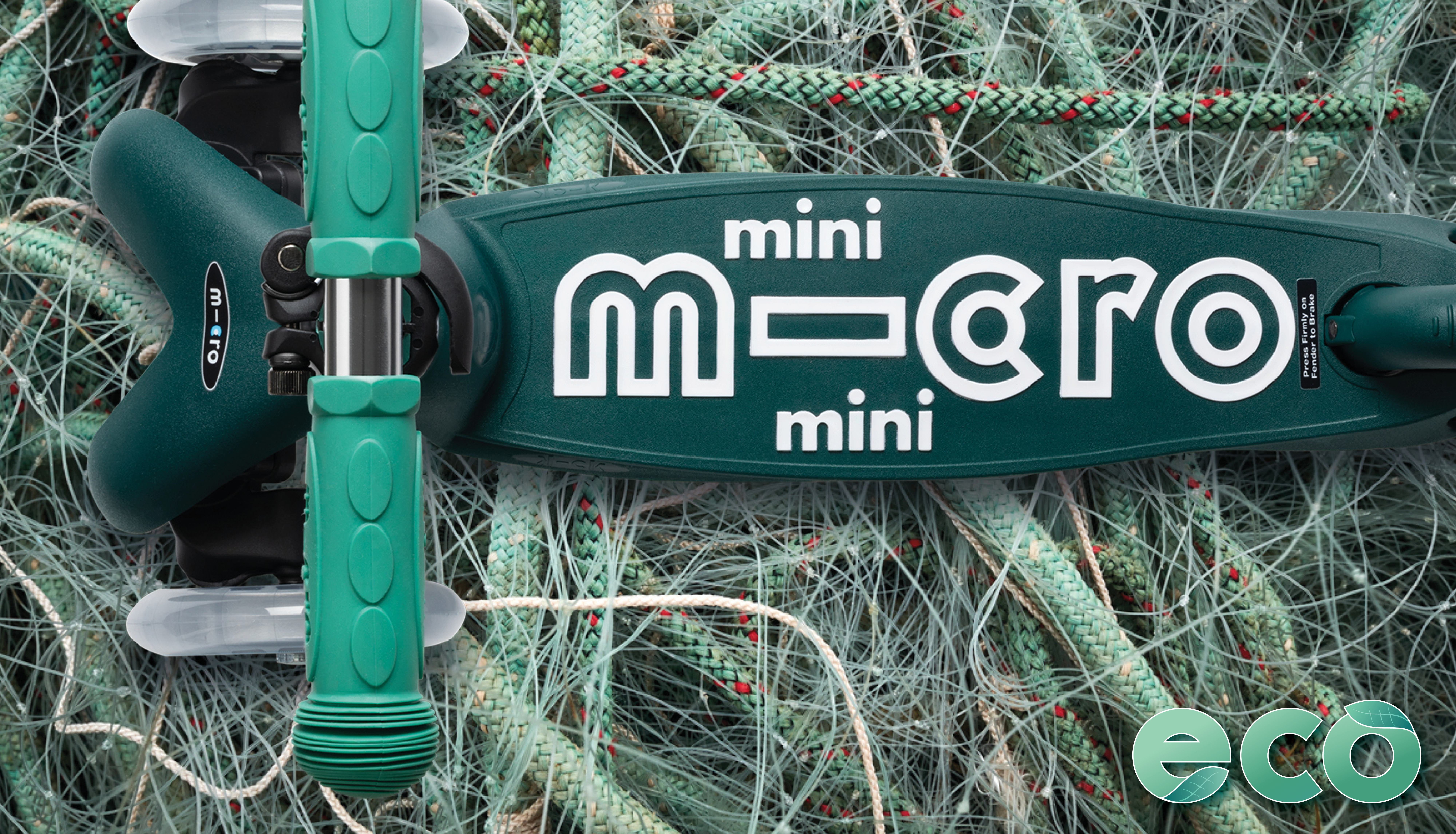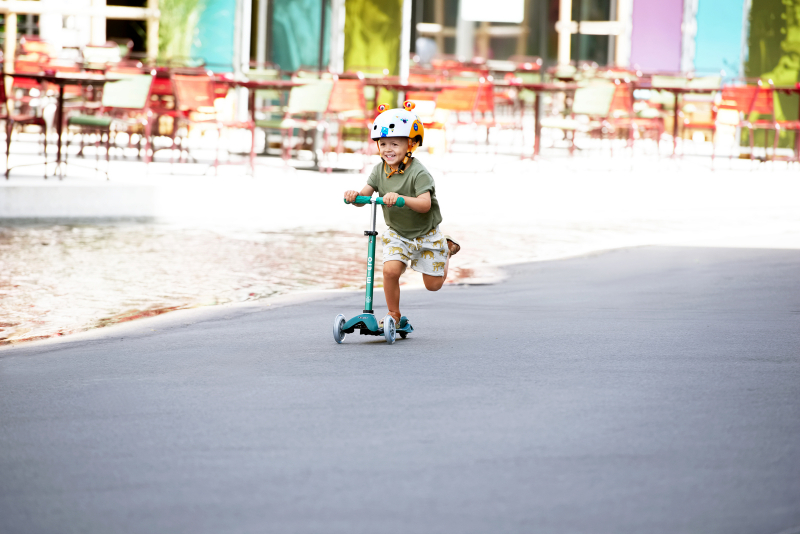The Swiss scooter pioneer, Micro Mobility Systems, is launching a sustainable children's scooter line that uses recycled ocean plastic. The new Micro ECO Kids Scooters will be available in over 80 countries from January 2021.
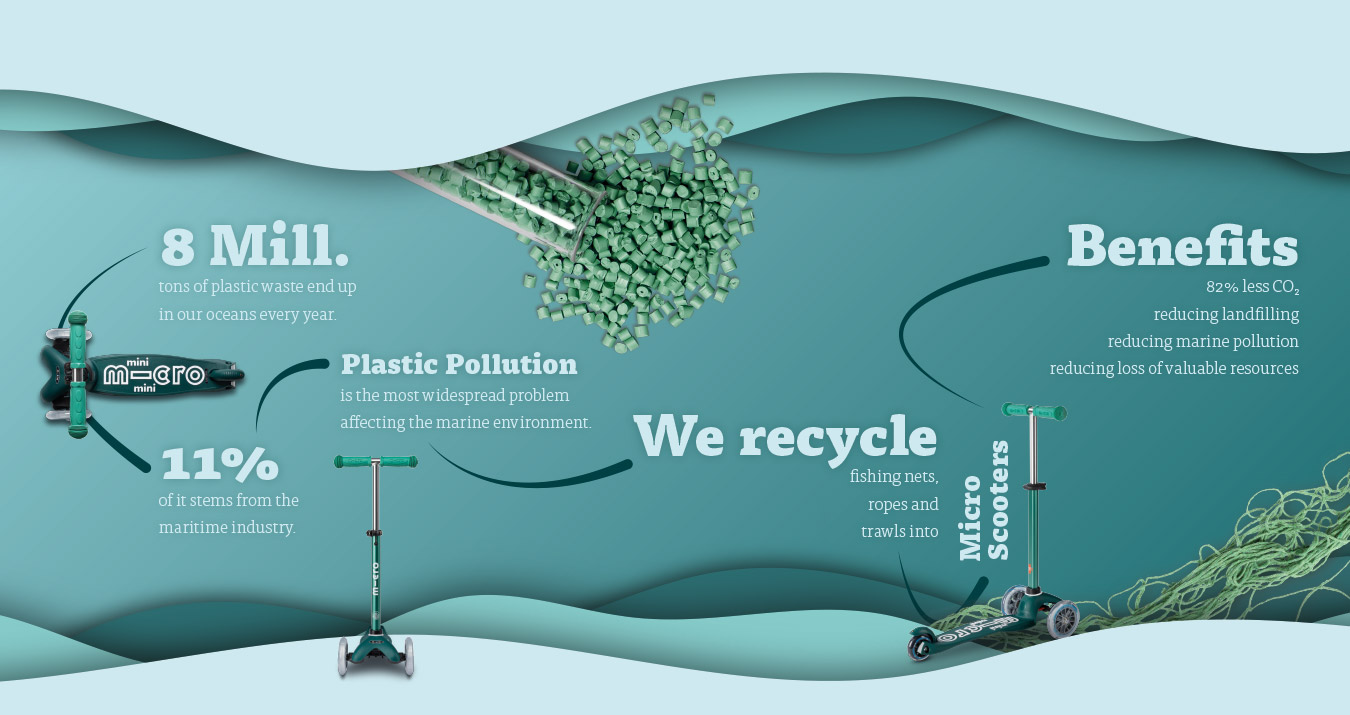
Around 10 percent of the plastic waste in the oceans comes from fishing. Every year, an estimated 640,000 tons of nets, ropes and other equipment are left behind in the oceans. The new Micro ECO Kids Scooters are made from part of this waste, which is collected in landfills and then recycled.
The new ECO range consists of two different models, the Mini Micro Deluxe ECO for children from 2 - 5 years and the Maxi Micro Deluxe ECO, for children from 5 years and older. These are based on the popular Mini & Maxi Micro Deluxe models, which have already been sold millions of times worldwide and have won several awards. The patented weight shifting steering system promotes balance and motor skills, the handlebar can be optimally adjusted to the size of the kids, and the non-slip silicone footboard provides support and safety during the ride.
The material used for the Micro ECO Kids Scooters are not so-called "ghost nets", which are fished out of the sea, but rather discarded and obsolete fishing gear, ropes, trawl nets, etc. that have been used for fishing worldwide and would have landed in the sea if they had not been disposed of in the appropriate dumps. The "ocean plastic" problem is being tackled at its root by preventive measures, by stopping the constant entry of more plastic waste into the waters.
«The ECO product line is another step towards sustainability for Micro. Not only have we been selling products for more than 20 years which can be passed on through generations due to their longevity, but we have also set ourselves ambitious sustainability goals, which we will successively expand,» says Micro founder and CEO Wim Ouboter.
The use of «green plastic» means a reduction of not only marine pollution and the loss of valuable resources but also of the ecological footprint by up to 82% CO2 emissions compared to new plastic.
More information can be found here.


